Thierry Vignal, a name that resonates in the French entrepreneurial world, perfectly embodies the tumultuous journey of many French Tech entrepreneurs. Its history, marked by dazzling successes and resounding failures, offers us a valuable lesson on the challenges and realities of modern entrepreneurship.
A turbulent financial career
Before embarking on his entrepreneurial adventure, Thierry experienced the ups and downs of the world of finance. After studying business, he worked as a trader at HSBC in London. This experience allowed him to accumulate a significant amount of money, which he then lost while trying to trade for his own account. This difficult period forced him to return to Paris, penniless, living thanks to the RSA.
The genesis of Masteos
It was during this period of idleness that he joined Bivouak, a start-up in the real estate sector. This experience allowed him to meet Maxime, his future partner, with whom he decided to launch Masteos in 2019. The idea behind Masteos is simple but ambitious: to facilitate rental investment for individuals by taking care of all the stages, from purchase to rental management.
A meteoric rise
The beginnings of Masteos took place in precarious conditions, with improvised offices in a Parisian bar. However, thanks to boundless energy and captivating storytelling, the start-up is experiencing rapid growth. In three years, Masteos carries out 1,600 transactions in 180 cities and three countries, and raises 64 million euros, reaching a valuation of 150 million euros at the start of 2023.
The real estate and venture capital crisis
However, this rapid growth turns out to be a trap. In 2023, the company is placed in receivership. Thierry admits to having made mistakes, in particular by going too fast and playing the game of Venture Capital (VC) in a sector that did not lend itself to it. He compares fundraising to taking steroids in bodybuilding: a shortcut that ends up destroying the body. Masteos did not survive the real estate and financing crises, two sectors on which it was heavily dependent.
Thierry explains: “We suffered the full brunt of the real estate crisis which reached its peak in the last quarter of 2023. The real estate market is at a standstill, notary firms are going into recovery one after the other and we are the first proptech to join them. At the same time, we are witnessing a real VC crisis. When we find ourselves at the intersection of these two worlds, like Masteos, it can end in receivership."
Lessons learned from failure
Thierry Vignal does not hide from his mistakes. He speaks openly about his debts, the difficulties encountered and the need to bounce back. For him, failure is a stage of learning and personal growth. He underlines the importance of energy, storytelling and clarity of intentions in the success of an entrepreneurial project.
He admits: "Raising funds is like taking bodybuilding steroids. It allows you to bulk up quickly, but it can also destroy you from within. I have sometimes raised money more out of vanity than out of rationality. We had almost 400 employees at the peak, we did not have time to restructure at the same speed as the market was plummeting. In our sector, those who did not raise, have a better cost structure and. probably more likely to survive."
A complex relationship with investors
The relationship between Masteos' founders and their investors grew strained as financial difficulties mounted. “Today, we are only two of the four founders in the capital, and we have 30% of the shares. The relationship is a little tense, everyone is looking for responsibility, trying to cover themselves, because there will be a designated culprit by shareholders, customers and even the press The question is who is guilty, and even if we decide that it is the one who is in charge, in reality it is difficult to know who is in charge.
Towards new horizons
While Masteos is looking for a buyer, Thierry is already thinking about his future projects. He is determined to launch a new profitable project from the start, learning from his past experiences. He envisages projects less dependent on Venture Capital, more streamlined and focused on immediate profitability.
Thierry remains optimistic: "I would like to be part of a takeover project. In theory, the former shareholders do not legally have the right to be shareholders of the structure which is taking over, because this could be similar to a tactic of cancellation of the debt, but in certain cases, exemptions can be requested from the judge. My involvement will mainly depend on the buyer's project, his vision, and the way in which he can encourage me.
Conclusion
Thierry Vignal embodies the modern entrepreneur, capable of experiencing dazzling peaks and brutal falls, but always ready to get back up. His journey reminds us that entrepreneurship is an adventure made of risks, learning and resilience. In a world where failure is often stigmatized, Thierry shows us that it can be a tremendous source of wisdom and growth.



Share: